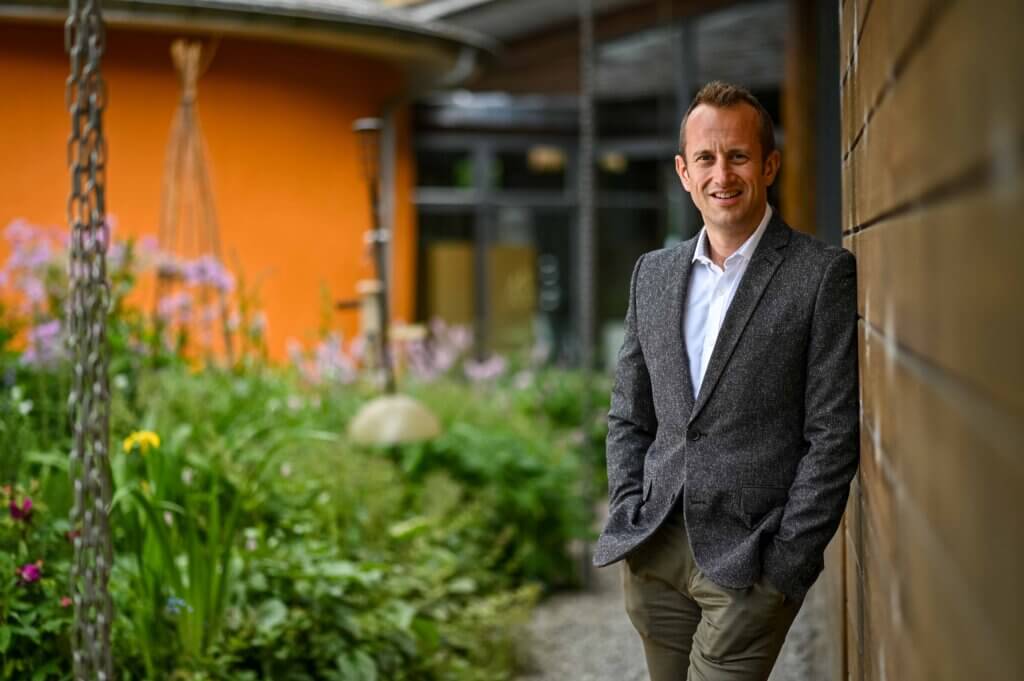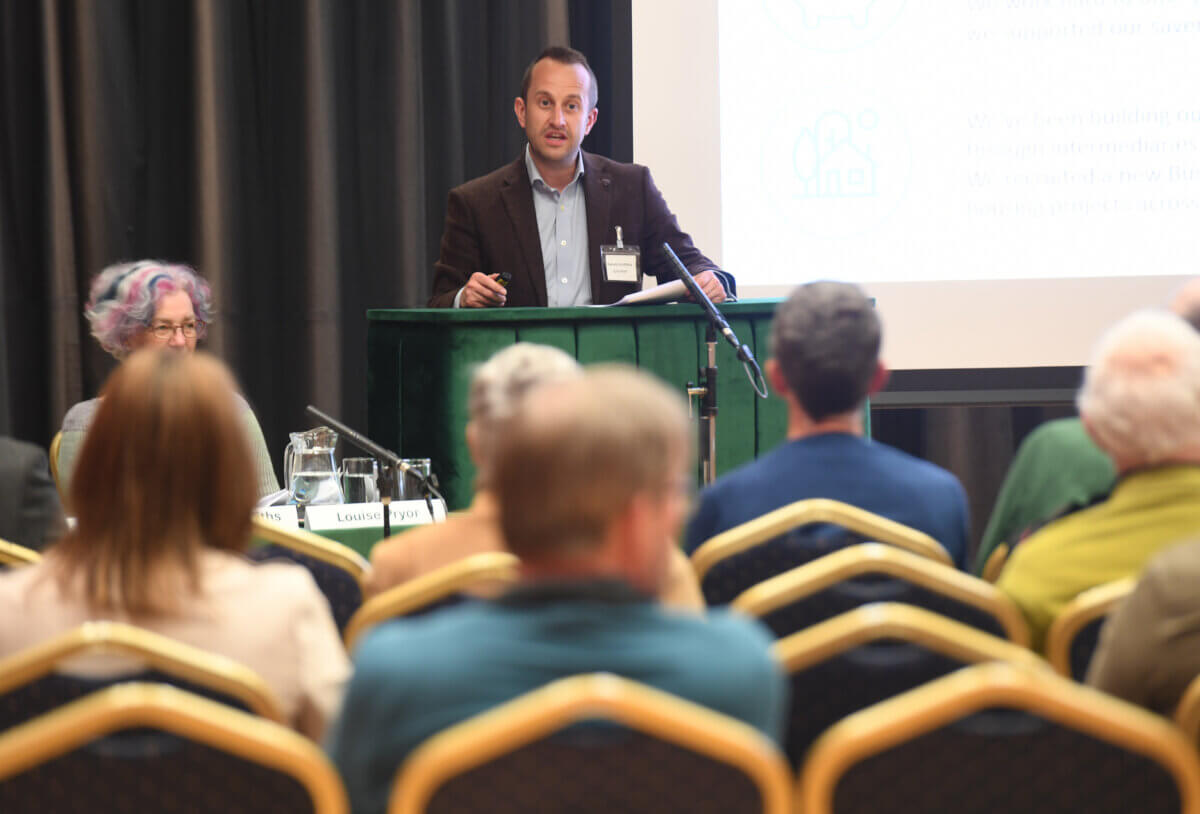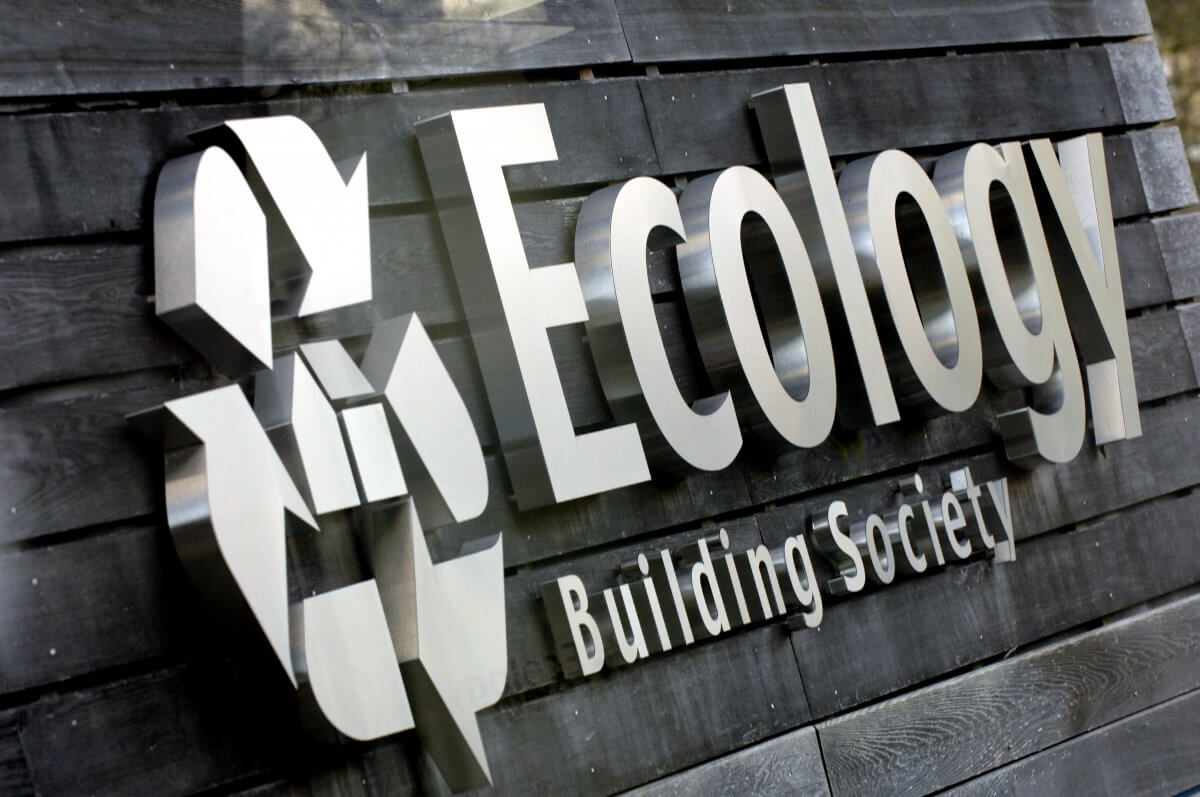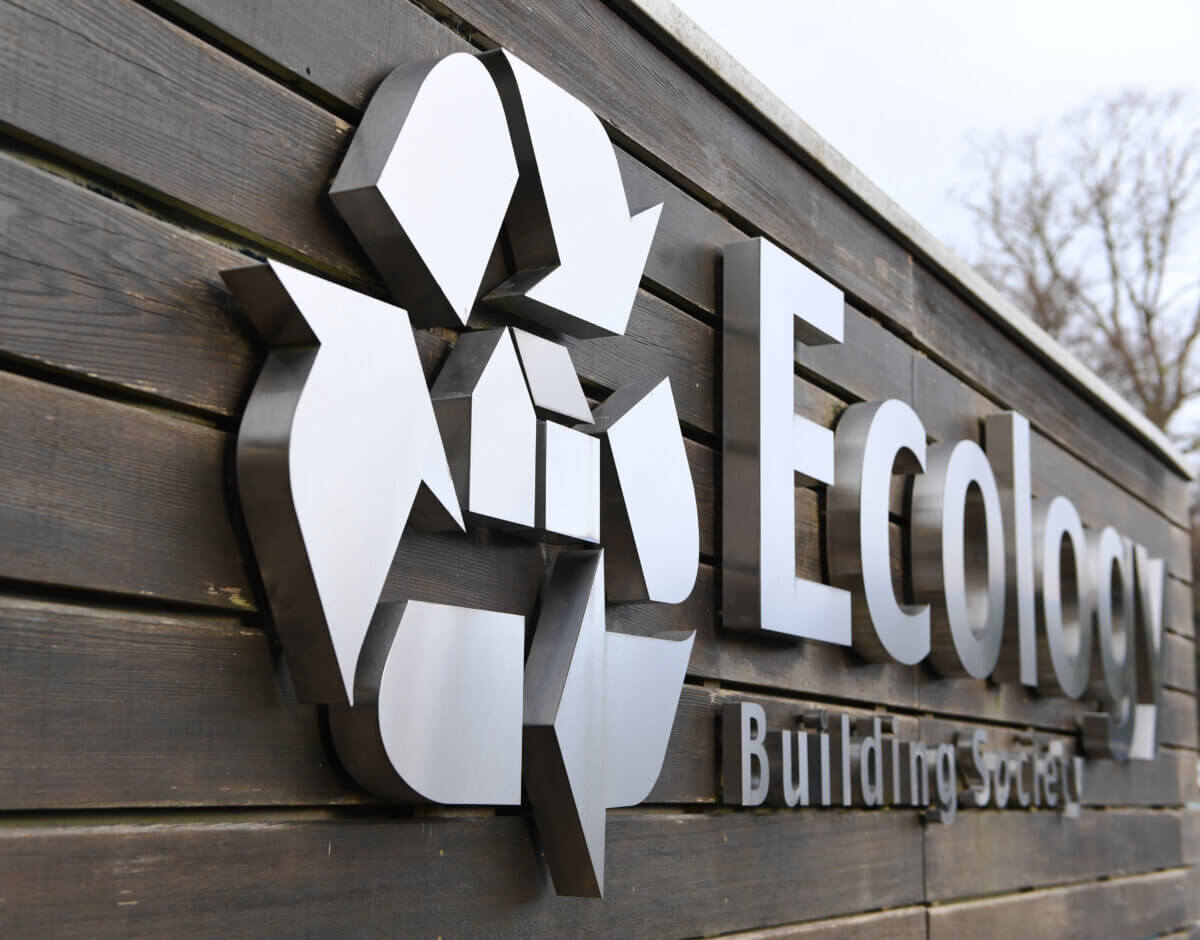How Important is Ethical Really?

A blog by Ecology CEO Gareth Griffiths:
While reading the latest edition of Ethical Consumer, with the backdrop of the radio in the background relaying the news headlines, I found myself thinking: “With everything that’s happening in the world right now, do ethics still really matter to people?”
For our Members, the answer is a resounding yes, ethics matter. Our research consistently shows that those opening new Savings accounts with us do so because of our ethical and sustainable ethos. In fact, nearly 50% of reviews left by our members on external financial review site, Smart Money People (where we have a 4.9/5.0 rating!), mention our ethics.
But it’s not just our members that are seeking ethical finance. Across the board, demand is growing. Research shows that 72% of Gen Z consumers see sustainability as a key factor when they look for a financial provider. They’re asking tougher questions. Is this ethical? What impact does my money have?
As a building society created to offer mortgages for people who care about living more sustainably and reducing their environmental impact, greater consumer awareness about green finance is good news.
And we’re pleased to offer a solution that really is ‘best buy’.
Back to my perusal of Ethical Consumer, I was delighted to see Ecology ranked top of their Best Buy tables for both Savings Accounts and Mortgages, scoring 100% across all judging criteria: climate impact, company ethos, tax, lending practices, and loans and investments.
At Ecology, we’ve always believed that finance should be a force for good. Whether through lending to sustainable housing projects or supporting community-led initiatives, we’re here to lead by example and provide alternate ways of doing things that will make a positive difference.
That’s why we are proud to have stayed within the Net-Zero Banking Alliance (NZBA) even as other institutions chose to leave. It would have been easier to walk away when decisions become more complex or politically charged – but that’s not we believe ethical leadership should look like.
Recently, we were asked to vote on changes to the NZBA’s timeline for net-zero targets, prompted by efforts to be more inclusive of banks from developing countries. While some saw this as a weakening of standards, we recognised it as a chance to embody our values of openness, collaboration and responsibility. A fair and just transition means those ‘who can’ supporting those who are further behind.
Ethics isn’t about standing your ground only when it’s convenient.
It’s about engaging in the difficult work of creating change – even when that means working alongside institutions that aren’t there yet. We don’t pull back when the going gets tough, our value of activism means we choose to show up and support.
In fact, that’s exactly what Ecology’s Purpose is all about: In a world that doesn’t add up, daring to be different is our calling, lending our power so that everyone’s story gets a chance to thrive.
Gareth



